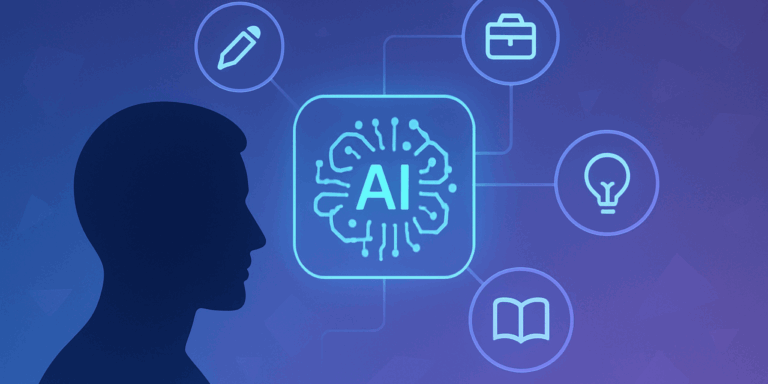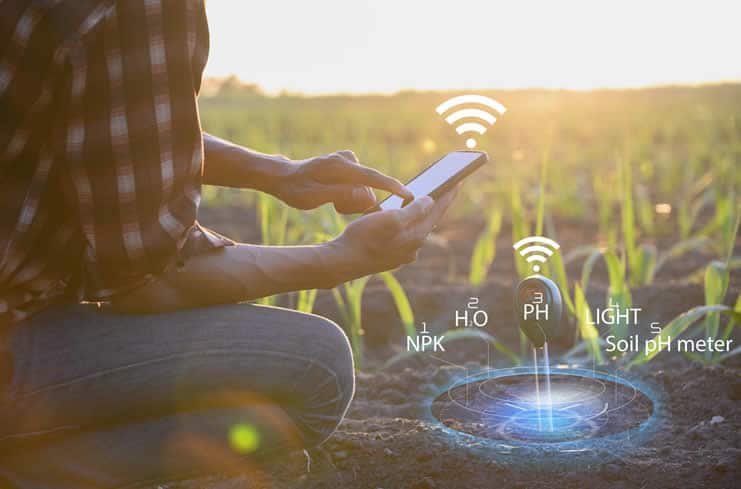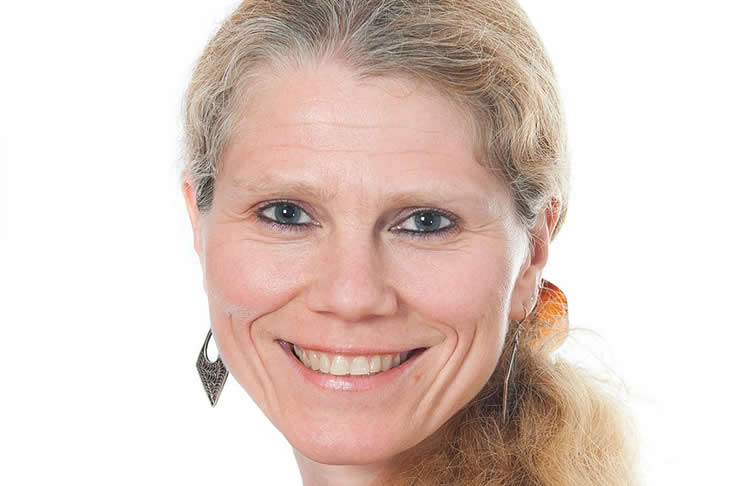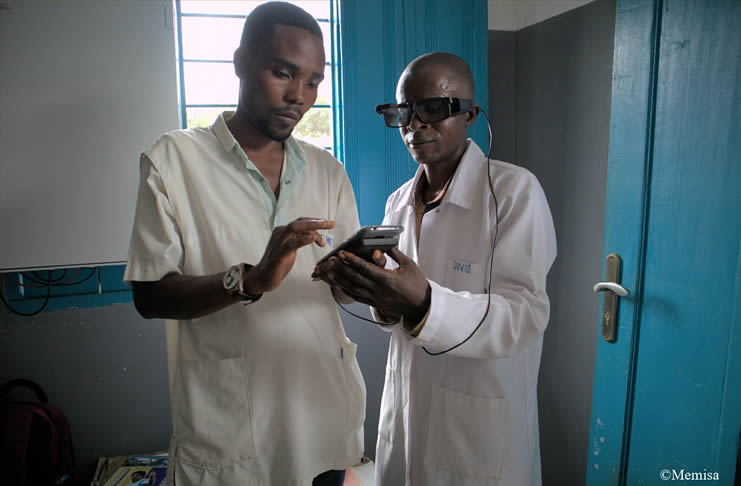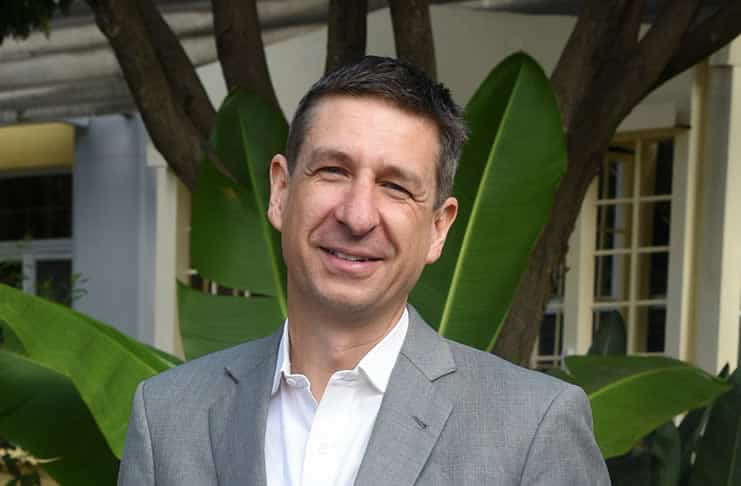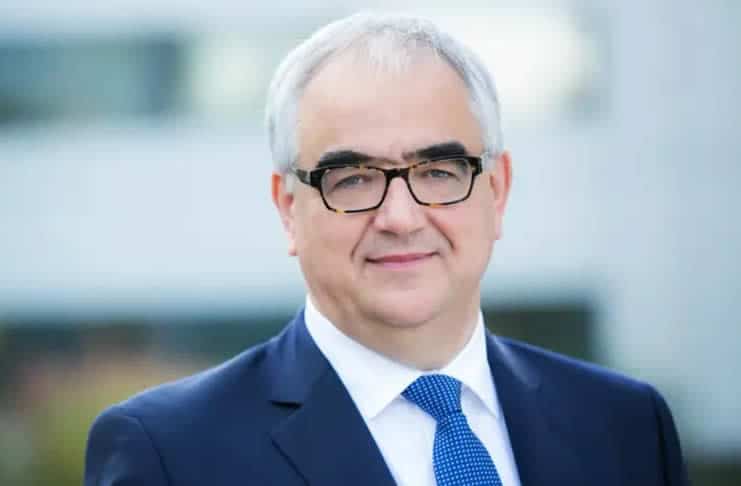
I’ve just been reading an excellent whitepaper, providing new views on customer service, authored by Dr. Nicola J. Millard, Customer Experience Futurologist with BT. Dr. Millard recently penned a whitepaper titled “Clouds, Crowds and Customers: Doing Business as Unusual” and it’s full of enough great insight to span more than just one post here.
While many of the points the doctor makes in the whitepaper resonate with me, one or two stand out. She states that it’s not important what technology does, but what people do with it. And she also says that companies can’t simply use new technology to prop up the status quo – they have to change the way they think and operate – it’s no longer business as usual.
Let’s take a look at customer service in the multi-channel world as Dr. Millard sees it. Providing customers with automated self help solutions does not mean that the more expensive contact centers and face-to-face channels will no longer be used. She contends that mostly what goes to the self help channels are the simpler issues and transactional stuff. This leaves the call center staff to deal with the more complex issues. So, you have front line agents who don’t have the knowledge, training or resources to deal with these kinds of issues and your customers find your support is lacking.
Customer time is the standard, not corporate time: customer-service in a real-time world
Millard suggests corporations must adopt a “speed dating” system for clients, which matches them with the appropriate expert within the company. This is called “networked expertise.” She writes about “networked expertise” and the technology to support it in more detail in the whitepaper.
Today, no one can know everything, but organizations have a large pool of expertise to draw on. The problem is that there is usually no way to connect those experts directly with customers and transfer knowledge. The contact center is a bottle neck which restricts that information from flowing to the right people.
A more decentralized approach can be much more effective. We have the technology today which will support this new way of doing business if we are open to new ways of thinking about how we do business.
Using unified communications, remote workers and a robust CRM solution, networked expertise can provide faster and more accurate answers resulting in happier clients. She claims this kind of approach can result in a 70-75% increase in first contact resolution rates. There’s got to be a huge cost saving there when you consider how expensive it is for people to keep calling back over and over looking for a resolution to the same issue and having to start all over again.
Of course you have to employ technology to manage the access to your team of experts so that the load is spread out and no single expert is overwhelmed. Obviously these people have other work to do in a day and if that is impeded, they probably won’t be keen on this approach.
It’s a great read and may drastically change the way you view customer service in today’s world where customer time is the standard and not corporate time.

